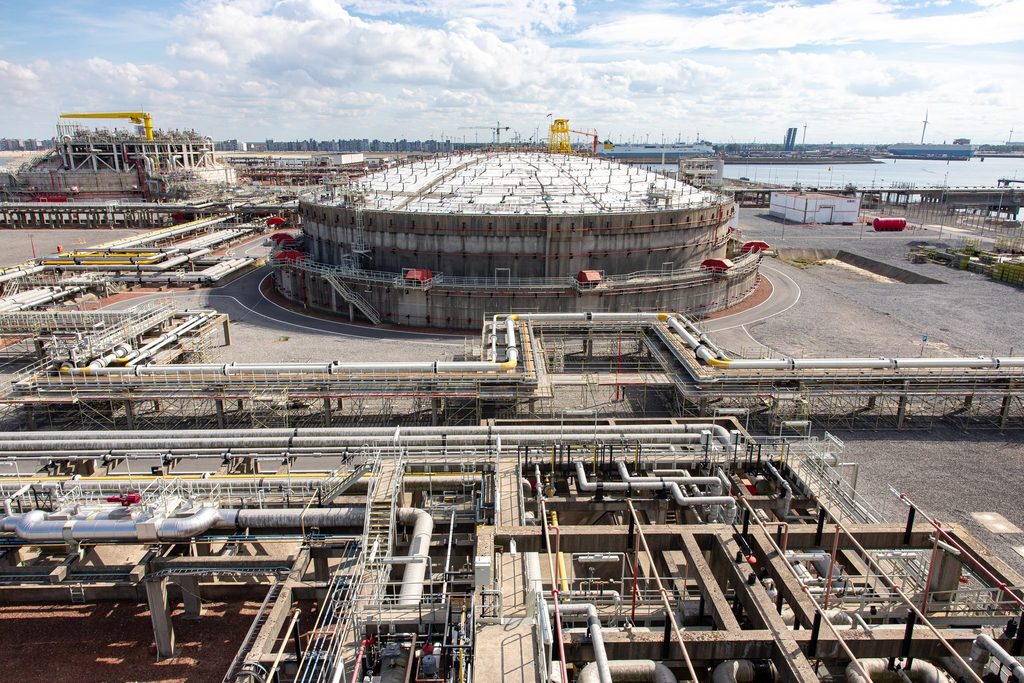Ukraine has added Belgian gas operator Fluxys to its list of “international sponsors of war” due to its dealings with Russian producers of Liquefied Natural Gas (LNG).
Fluxys provides storage and transhipment facilities to Yamal LNG in the port of Zeebrugge. Yamal LNG is owned by Novatek, the second largest gas producer in Russia after state-owned Gazprom.
The Belgian company's role in the transfer of Russian gas to non-European ports led Ukraine's National Agency on Corruption Prevention (NACP) to label it a sponsor of Russia’s invasion of Ukraine.
A €50 million contract with Yamal LNG dates back to 2015 in which Fluxys agreed to transfer eight million tonnes of LNG over a period of 20 years. Ice tankers arrive at Zeebrugge from the Siberian peninsula of Yamal, where LNG is transferred over to conventional tankers. The tankers then sail to Asian ports via the Suez Canal.
Unfair blame?
Whilst it is true that the port of Zeebrugge is a major point of import for LNG in Europe (second only to Spain on the Continent), just 2.8% of imported gas is destined for Belgian consumers.
Indeed, although Fluxys is charged with managing the distribution, it is contractually obliged to continue doing so and Belgium cannot decide to pull the plug on the import and passage of gas to other EU Member States. It is a reality that has been acknowledged and regretted by Belgium's Energy Minister Tinne Van der Straeten.
"Unlike the British, Belgium is not allowed to take such a measure on its own... The agreement within the EU is that such a ban can only be introduced if all Member States agree. And Hungary is opposed to such an approach."
Related News
- Zeebrugge LNG terminal indirectly funds Russian war effort
- 'Money into Putin's pockets': Belgium is world's third largest importer of Russian LNG
NCAP’s list includes other big names such as Nestlé, Unilever, and Proctor and Gamble, but Fluxys and its counterparts suffer no direct impact by being named. The list serves instead as a “powerful reputational tool” ultimately aiming to reduce overall business dealings with Russia.
"The terminal has open access and any company interested in supplying liquefied gas can reserve capacity at the terminal. No customer can therefore be discriminated against by law," a Fluxys spokesperson told l'Echo. "Currently, there are no sanctions against Russian gas and Fluxys must honour its contracts. If sanctions were to come into force, Fluxys would of course do everything in its power to comply with them."
Fluxys does not operate in Zeebrugge alone. French oil giant TotalEnergies holds a 20% stake in Yamal LNG, and Germany's state-owned SEFE is now locked into long-term contracts to supply gas from Yamal to India via transhipment at Zeebrugge.

